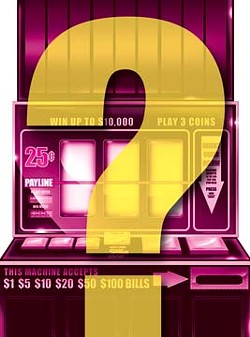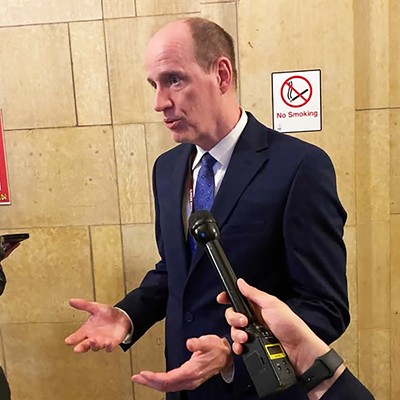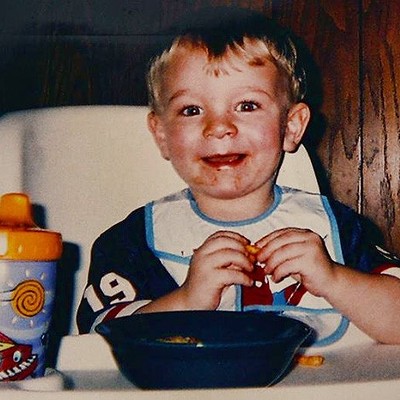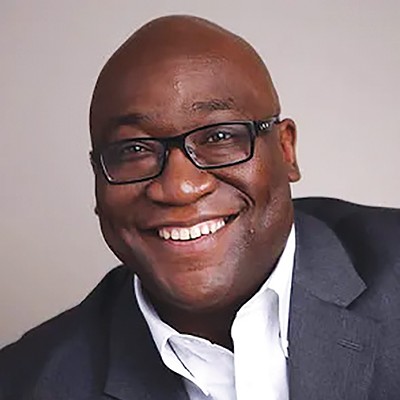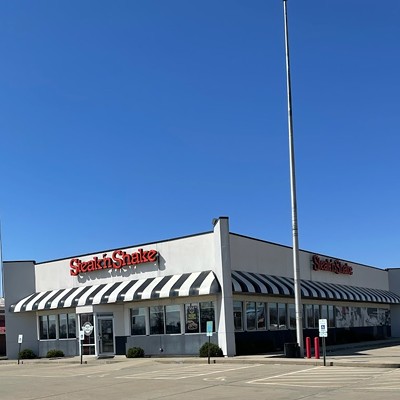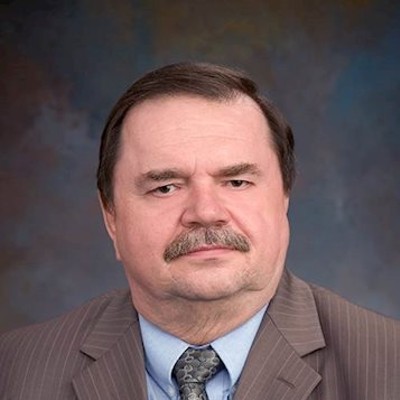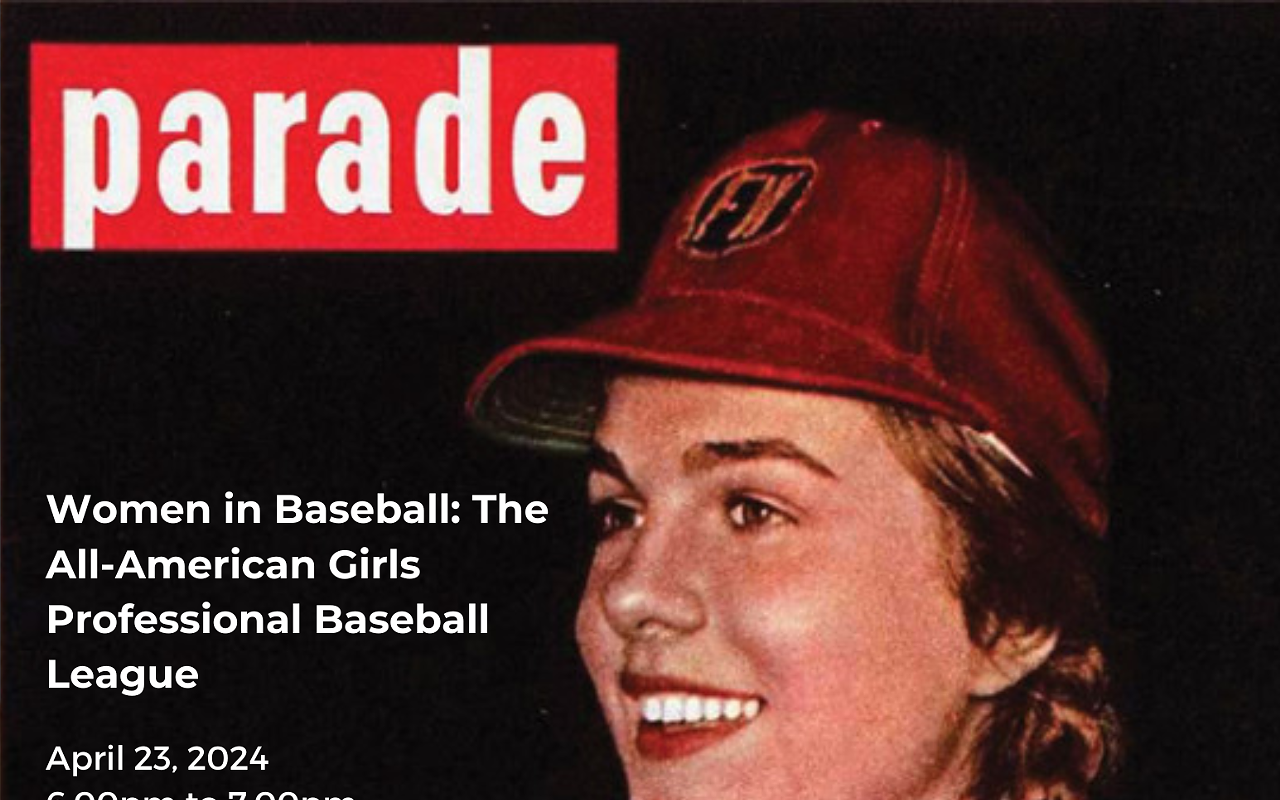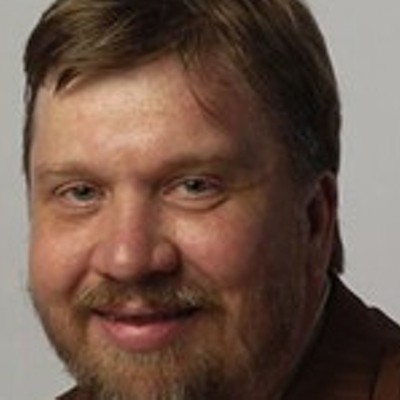We’re ‘bars,’ clubs say, but gaming board says no

[
{
"name": "Air - MedRect Combo - Inline Content 1",
"component": "11490391",
"insertPoint": "3",
"requiredCountToDisplay": "1",
"parentWrapperClass": "fdn-ads-inline-content-block"
},{
"name": "Air - MedRect Combo - Inline Content 2",
"component": "11490392",
"insertPoint": "7",
"requiredCountToDisplay": "5",
"parentWrapperClass": "fdn-ads-inline-content-block"
},{
"name": "Air - MedRect Combo - Inline Content 3",
"component": "11490393",
"insertPoint": "12",
"requiredCountToDisplay": "9",
"parentWrapperClass": "fdn-ads-inline-content-block"
}
]
When is a bar not a bar?
When the watering hole in question is located within a social club. That, at least, is how the Illinois Gaming Board, which is sitting on gambling applications from clubs throughout the state, sees things.
Under state law, video gambling devices are allowed in four types of establishments, including truck stops, businesses that hold liquor licenses, fraternal organizations organized under national charters and veterans groups that hold national charters. Private clubs that hold liquor licenses, including several on Lake Springfield, say that they should be treated as for-profit bars, but the gaming board has balked.
“Nobody has been flat-out told that they will not be licensed,” said Robert Riffle, a Peoria attorney who is pushing the board to process licenses for social clubs. “This is just kind of at a point where a decision needs to be made.”
The board isn’t talking.
“All I can say is it’s being looked at by the board and staff,” said Gene O’Shea, gaming board spokesman.
Loretta Michaud, president of the Council of Springfield Lake Clubs, said that she has contacted an attorney on behalf of several Lake Springfield clubs with license applications in limbo. Several clubs grew accustomed to revenue from illegal video gambling that has disappeared since possession of unlicensed video gambling machines became a felony in August, Michaud said.
“They’re just holding the applications – we’re not hearing anything back,” Michaud said. “It does help the clubs. We have numerous clubs on the lake right now that are struggling financially.”
In Rockford, the Blackhawk Athletic Club says that it donates $30,000 a year to support amateur athletics, including programs for youth, and that it needs money from video gambling.
“We are not asking for special treatment,” Blackhawk club president Myron Shayka wrote in a recent letter to state gaming officials. “All we ask is that we receive equal treatment under the Illinois Video Gaming Act, and that our application be approved for licensure in due course. We were one of the first applicants in the state. Many bars which applied after us have already been licensed.”
Riffle points out that fraternal organizations with national charters can and do restrict admission to members but are still allowed to have video gambling devices. In the absence of a statute that specifically bars social clubs from getting licenses, he said the gaming board should treat the organizations as bars.
“There’s no valid distinction between a social club and the run-of-the-mill bar or restaurant,” Riffle says. “It’s tremendously important. It goes without saying the overall bar-and-restaurant economy was hit disproportionately hard by the economic downturn. There are a lot of struggling clubs.”
Counting on the Illinois General Assembly to amend the law to include social clubs is far from a safe bet, Riffle says, and time is of the essence.
“We could be years away from getting a legislative solution to the social-club issue,” Riffle said. “They (clubs) are going to lose market share to bars and restaurants that have licenses. Video gaming terminals are actually a negative to them. It’s not just that they’re missing out on the up side, they’re suffering from, I think, unfair competition from the people who have video gaming terminals.”
Some clubs have considered leasing the bar portion of their establishments to individuals or entities that would run the liquor-pouring side of operations as a for-profit venture so that the gaming board would process video gambling license applications, Riffle said. While the gaming board might grant gambling licenses to a for-profit venture that rents space from a nonprofit social club, giving up a liquor license is not a good solution for a club, Riffle said.
“It really changes the character of that organization – it just eviscerates the whole reason for being a not-for-profit social club,” Riffle said. “The alternatives that some of them are considering and being advised to do are fairly drastic and, we think, bad for the clubs.”
Contact Bruce Rushton at [email protected].
When the watering hole in question is located within a social club. That, at least, is how the Illinois Gaming Board, which is sitting on gambling applications from clubs throughout the state, sees things.
Under state law, video gambling devices are allowed in four types of establishments, including truck stops, businesses that hold liquor licenses, fraternal organizations organized under national charters and veterans groups that hold national charters. Private clubs that hold liquor licenses, including several on Lake Springfield, say that they should be treated as for-profit bars, but the gaming board has balked.
“Nobody has been flat-out told that they will not be licensed,” said Robert Riffle, a Peoria attorney who is pushing the board to process licenses for social clubs. “This is just kind of at a point where a decision needs to be made.”
The board isn’t talking.
“All I can say is it’s being looked at by the board and staff,” said Gene O’Shea, gaming board spokesman.
Loretta Michaud, president of the Council of Springfield Lake Clubs, said that she has contacted an attorney on behalf of several Lake Springfield clubs with license applications in limbo. Several clubs grew accustomed to revenue from illegal video gambling that has disappeared since possession of unlicensed video gambling machines became a felony in August, Michaud said.
“They’re just holding the applications – we’re not hearing anything back,” Michaud said. “It does help the clubs. We have numerous clubs on the lake right now that are struggling financially.”
In Rockford, the Blackhawk Athletic Club says that it donates $30,000 a year to support amateur athletics, including programs for youth, and that it needs money from video gambling.
“We are not asking for special treatment,” Blackhawk club president Myron Shayka wrote in a recent letter to state gaming officials. “All we ask is that we receive equal treatment under the Illinois Video Gaming Act, and that our application be approved for licensure in due course. We were one of the first applicants in the state. Many bars which applied after us have already been licensed.”
Riffle points out that fraternal organizations with national charters can and do restrict admission to members but are still allowed to have video gambling devices. In the absence of a statute that specifically bars social clubs from getting licenses, he said the gaming board should treat the organizations as bars.
“There’s no valid distinction between a social club and the run-of-the-mill bar or restaurant,” Riffle says. “It’s tremendously important. It goes without saying the overall bar-and-restaurant economy was hit disproportionately hard by the economic downturn. There are a lot of struggling clubs.”
Counting on the Illinois General Assembly to amend the law to include social clubs is far from a safe bet, Riffle says, and time is of the essence.
“We could be years away from getting a legislative solution to the social-club issue,” Riffle said. “They (clubs) are going to lose market share to bars and restaurants that have licenses. Video gaming terminals are actually a negative to them. It’s not just that they’re missing out on the up side, they’re suffering from, I think, unfair competition from the people who have video gaming terminals.”
Some clubs have considered leasing the bar portion of their establishments to individuals or entities that would run the liquor-pouring side of operations as a for-profit venture so that the gaming board would process video gambling license applications, Riffle said. While the gaming board might grant gambling licenses to a for-profit venture that rents space from a nonprofit social club, giving up a liquor license is not a good solution for a club, Riffle said.
“It really changes the character of that organization – it just eviscerates the whole reason for being a not-for-profit social club,” Riffle said. “The alternatives that some of them are considering and being advised to do are fairly drastic and, we think, bad for the clubs.”
Contact Bruce Rushton at [email protected].
Illinois Times has provided readers with independent journalism for almost 50 years, from news and politics to arts and culture.
Your support will help cover the costs of editorial content published each week. Without local news organizations, we would be less informed about the issues that affect our community..
Got something to say?
Send a letter to the editor and we'll publish your feedback in print!

